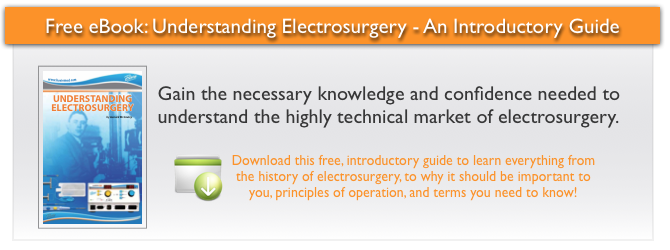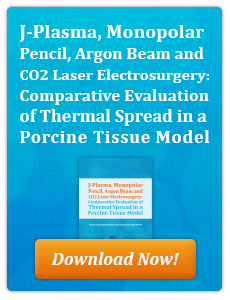 When President Obama’s Affordable Care Act was signed into legislation on March 23, 2010, it contained language that resulted in the taxation of life-saving medical devices. Needless to say, the medical industry was not pleased.
When President Obama’s Affordable Care Act was signed into legislation on March 23, 2010, it contained language that resulted in the taxation of life-saving medical devices. Needless to say, the medical industry was not pleased.
The new 2.3% excise tax on everything from innovative new pacemakers to everyday healthcare items caused quite a stir among industry leaders. The concern did not go unnoticed, especially among U.S. senators from states that are home to many innovative medical industry companies where device manufacturing drives a large portion of the economy.
Amy Klobuchar, D-Minn., has called for a repeal of the controversial tax. She was quickly joined by Orrin Hatch, R-Utah.
Senators from both sides of the political aisles claimed that the tax on gross sales (not net income) on medical industry companies would drive up the cost of research and development for device manufacturers. They claimed that it would also significantly reduce the number of new life-saving devices brought to market.
After months of working behind the scenes to educate other senators on the issue, Klobuchar and Hatch seem to have their colleagues convinced. A bipartisan group of U.S. senators recently passed an amendment to the $3.7 Trillion Fiscal Year 2014 Budget Resolution that would repeal the medical device tax that was included in the Patient Protection and Affordable Care Act. By a vote of 79 to 20, senators voted to approve the Klobuchar-Hatch non-binding amendment.
Shortly after the vote, Hatch released a statement applauding his colleagues’ votes.
“Today, bipartisan members of the Senate spoke loudly and clearly that this tax on medical devices simply must go. It is a drain on innovation, on job creation and on our ability to provide ground breaking medical technologies to patients,” said Hatch, who serves as the Ranking Member on the Senate Finance Committee. “The importance of this vote cannot be overstated. For the first time, Democrats and Republicans have come together in recognizing how bad this tax is. We cannot stop here. We must continue the fight to get rid of this tax and I look forward with continuing to work with Senator Klobuchar and the other backers of this amendment and our bill to repeal it once and for all.”
When the issue was raised last year, President Obama said he would veto any bill that included the repeal of the medical device tax because it would result in lost revenue to the federal government. Repealing the tax, Obama says, would cost the federal government nearly $30 billion in revenue between 2013 and 2022.
This last June HHS Secretary Kathleen Sebelius was before congress and was asked by Rep. Larry Bucshon if the administration is ready to support repeal of the tax. She reiterated the administration’s opposition to the repeal of the medical device tax in spite of the vote last year by the House of Representatives to repeal it and the Senate voting this year to repeal it.
What's lost in that argument, supporters of the amendment say, is how much the government, patients, and the medical industry workforce will lose if the tax remains in place.
A statement by Stephen J. Ubl, president and CEO of the Advanced Medical Technology Association (AdvaMed) this past Monday, July 8, 2013 was picked up by the Wall Street Journal, PRNewswire and USNewswire. In it Mr. Ubl states, "AdvaMed commends the efforts of Ways and Means Committee Chairman Dave Camp (R-MI) and Senate Finance Committee Chairman Max Baucus (D-MT) to advance comprehensive U.S. tax reform to improve America's competitiveness and rebuild our nation's economic future.”
He goes on to cite an increased tax burden of 29% -- “resulting in fewer job opportunities, lower R&D investment to fuel tomorrow's treatments and cures, and/or higher healthcare costs.” He ends by saying that, "Legislative measures to repeal the device tax passed the House last summer and the Senate in March with overwhelming bipartisan majorities. Congress and the President must act now to finish the job and repeal it."
Image courtesy of: phanlop88/ Freedigitalphotos.net








